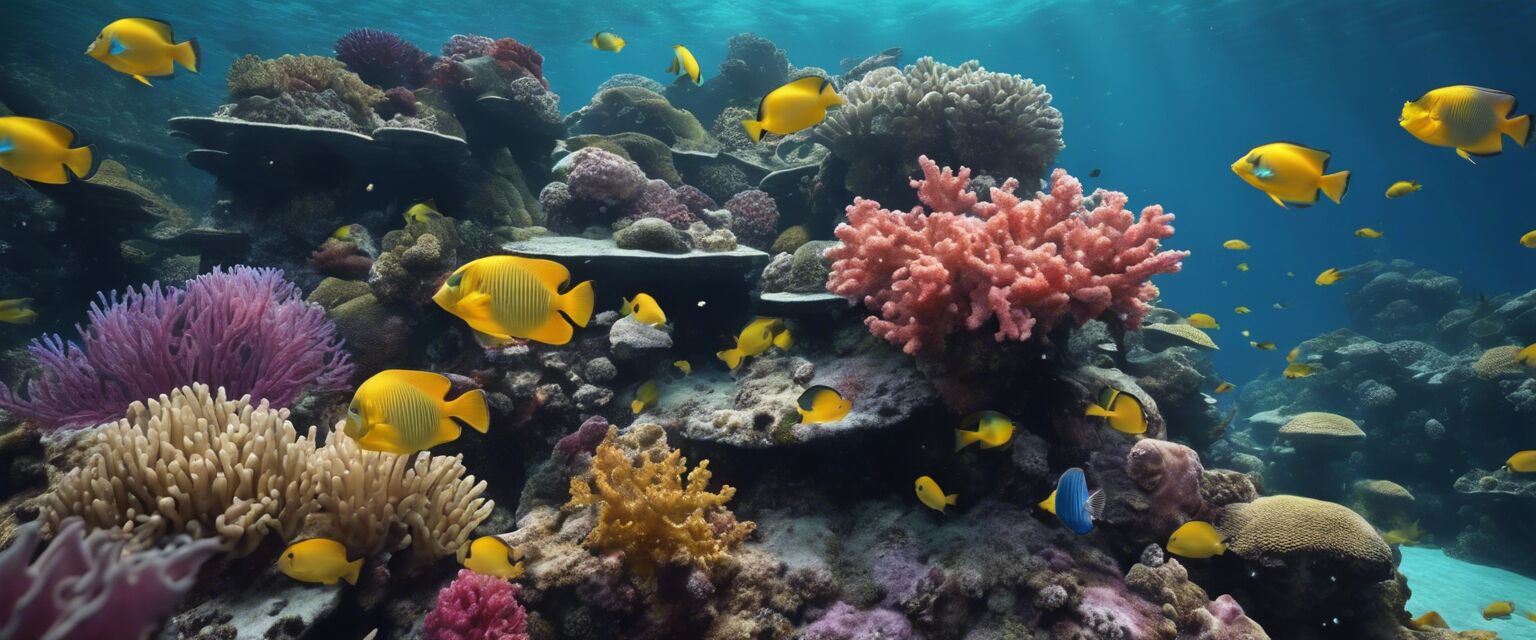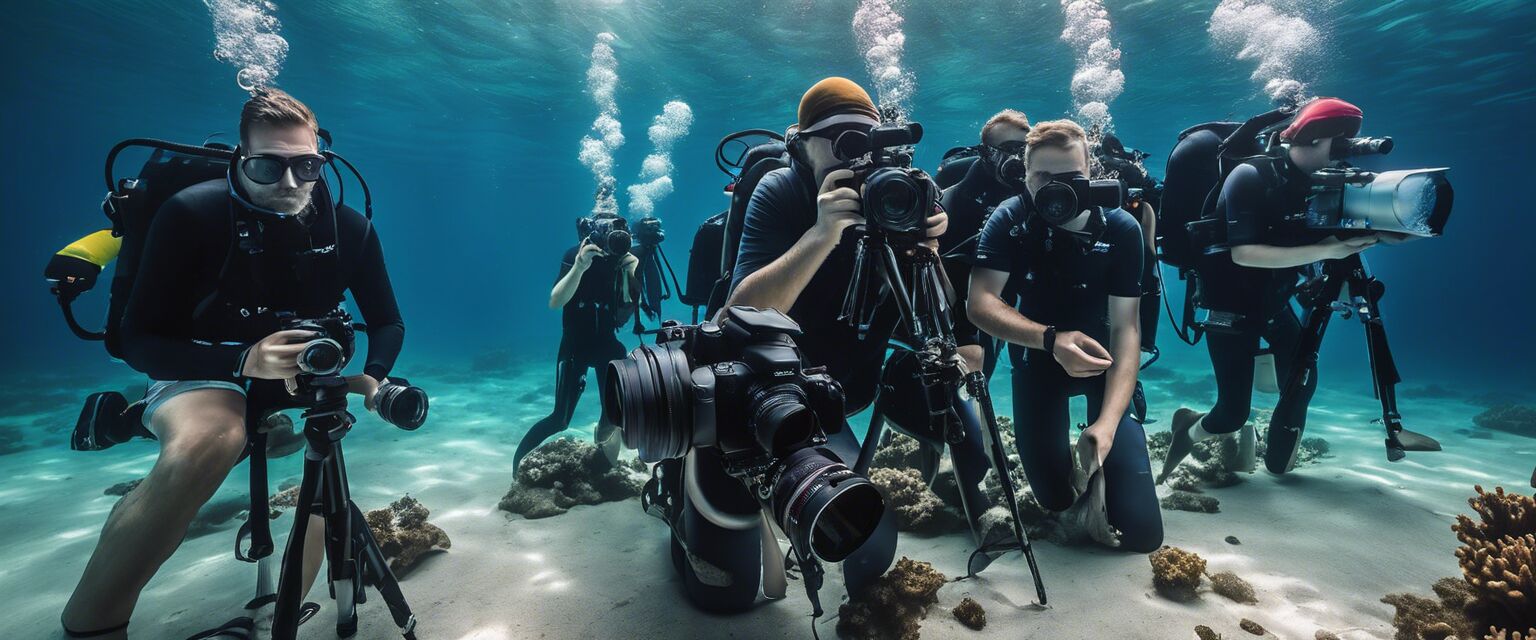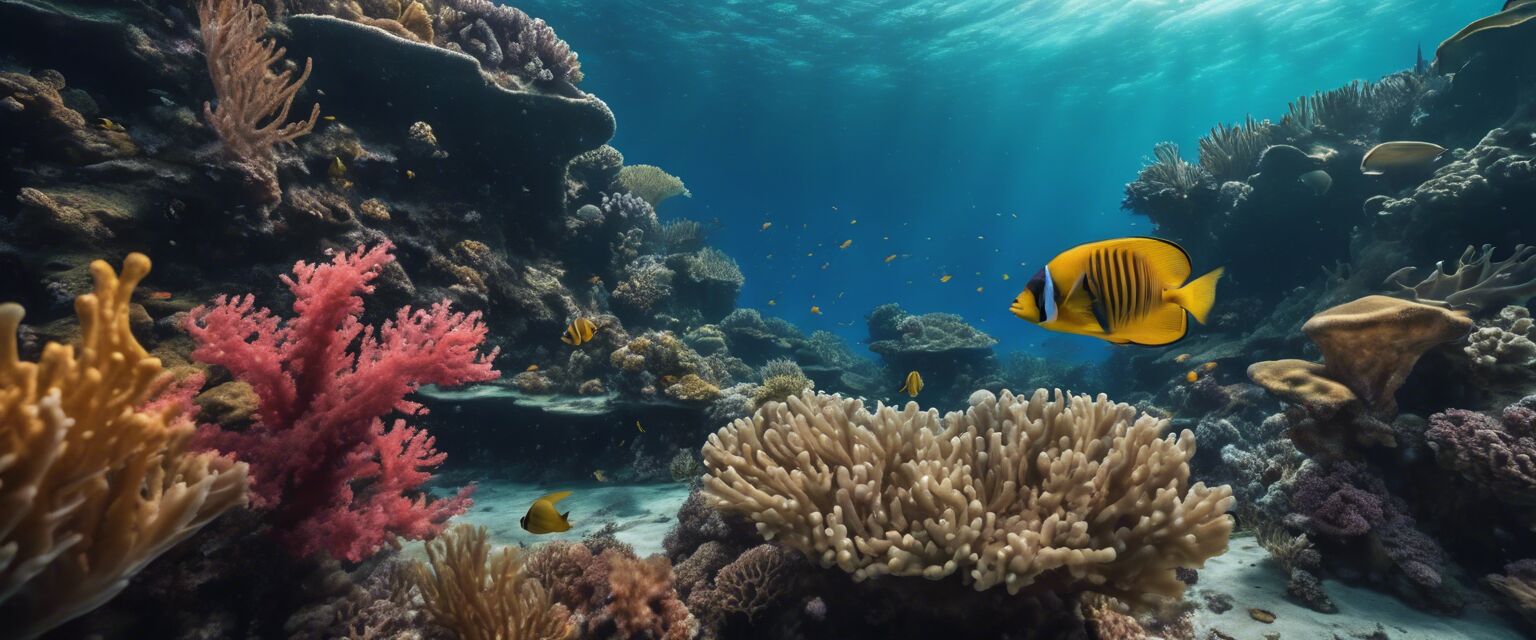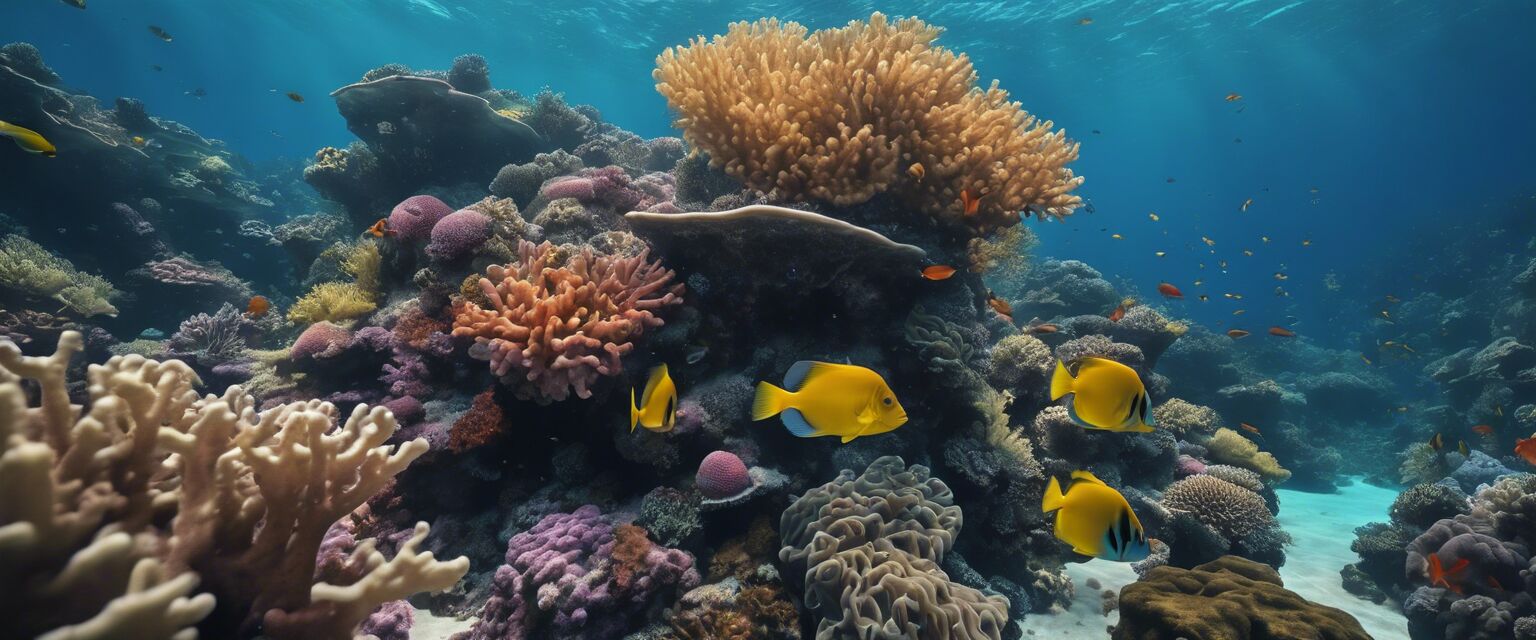
Underwater Photography Workshops and Courses
Key Takeaways
- Underwater photography workshops offer hands-on experience with expert guidance.
- Courses range from beginner to advanced levels to cater to all skill sets.
- Participation in workshops can enhance both technical skills and artistic vision.
- Important topics include buoyancy control, camera settings, and composing shots underwater.
- Digital resources and community support are often included in packages.
Underwater photography can be a fascinating and fulfilling hobby, but mastering the skills required to capture stunning images beneath the waves often requires guidance. This article explores the best workshops and courses available to help you become proficient in underwater photography. Whether youâre a novice just embracing your passion or a seasoned photographer looking to sharpen your skills, thereâs a workshop or course waiting for you.
Why take an underwater photography workshop?
Participating in a workshop provides several advantages for those eager to learn underwater photography. Here's a breakdown of the benefits:
| Benefit | Description |
|---|---|
| Hands-on Experience | Gain practical skills while shooting in real underwater environments. |
| Expert Guidance | Learn from seasoned photographers who can provide personalized tips and critiques. |
| Networking Opportunities | Meet fellow enthusiasts who share your interest in underwater photography. |
| Access to Equipment | Use high-quality gear without the need for a significant personal investment. |
Types of underwater photography courses
Underwater photography courses can vary greatly in content and focus. Here are some types you may encounter:
- Beginner Courses: Ideal for those new to underwater photography, covering basic techniques and equipment.
- Intermediate Workshops: Focusing on camera angles, composition, and post-processing techniques.
- Advanced Classes: These delve into specific genres like macro or wide-angle photography, often including specialized equipment.
- Field Workshops: Real-world environments where you can practice effectively while getting direct instructor feedback.
Popular locations for underwater photography workshops
Many courses take place in stunning locations ideal for underwater photography. Here are some renowned spots:
| Location | Highlights |
|---|---|
| Belize | Cocktail of vibrant coral reefs and abundant marine life. |
| Great Barrier Reef, Australia | World's largest coral reef system with unparalleled biodiversity. |
| Cozumel, Mexico | Clear waters, beautiful reefs, and unique underwater formations. |
| Maldives | Stunning visibility and diverse marine ecosystems perfect for exploration. |
What to expect from a typical workshop or course
Before you commit to a workshop, it's important to know what you can expect. Below is a general outline of workshop structure:
- Orientation Session: Introduction to underwater photography basics and safety protocols.
- Technical Training: Learning camera settings, settings for different environments, and buoyancy control.
- Field Practice: Hands-on shooting with immediate feedback from instructors.
- Review and Critique: Sessions to review images captured and constructive feedback.
- Post-Processing Training: Introduction to editing software to enhance your photographs.
Tips for getting the most out of your underwater photography workshop
Tips for beginners
- Bring the right gear, including a wetsuit, fins, mask, and an underwater housing for your camera.
- Stay relaxed and focused while underwater; stressful moments can lead to missed opportunities.
- Practice buoyancy control; it will significantly enhance your ability to frame shots.
- Experiment with angles and perspectives to create dynamic images.
- Ask for feedback from your instructors; they can offer valuable insight.
Conclusion
Attending underwater photography workshops can dramatically improve your skills and deepen your appreciation for this unique art form. Whether you are stepping into the world of underwater photography for the first time or looking to hone existing skills, enrolling in a course can be the catalyst for taking your photography to new depths.
Additional Resources
For more detailed information about courses and gear, check out our other pages:
- Underwater Cameras
- Camera Housings
- Underwater Lighting
- Accessories and Mounts
- Diving Gear and Apparel
Pros
- Hands-on learning experience with expert photographers
- Access to advanced equipment and techniques
- Networking opportunities with fellow enthusiasts
Cons
- Costs can vary significantly based on location and duration
- Weather and conditions can affect the quality of the experience
Images to capture the underwater experience




